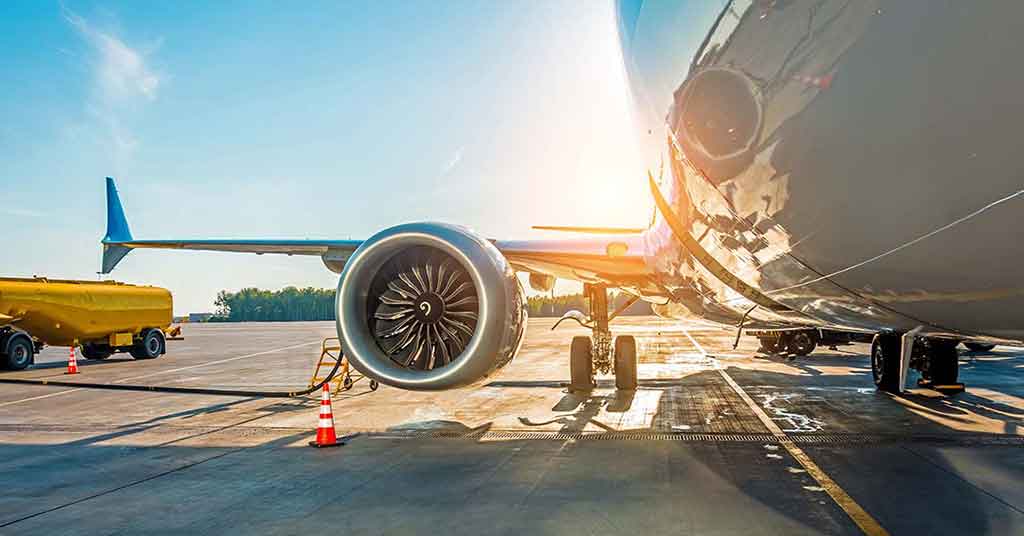Welcome To ChemAnalyst

In a concerted effort, major U.S. airlines and aviation companies have forged an alliance with players in the ethanol industry to convey a compelling message to the Biden administration. Their goal is to advocate for a regulatory modification that streamlines the qualification process for sustainable aviation fuel (SAF) derived from corn-based ethanol, making it eligible for federal subsidies.
The impetus for this collaborative initiative can be traced back to the Inflation Reduction Act, a significant piece of climate legislation signed into law by President Joe Biden. This act stipulates that SAF producers must demonstrate a substantial reduction in emissions compared to traditional gasoline, specifically by 50%, using an emissions model established by the International Civil Aviation Organization (ICAO) or an equivalent methodology. The ability to meet this criterion is a prerequisite for accessing the associated subsidies.
Prominent airlines, including industry heavyweights such as Delta, JetBlue, and Southwest, have joined forces with aviation companies like GE Aerospace and Boeing to craft a persuasive letter addressed to Treasury Secretary Janet Yellen. In this letter, they advocate for the inclusion of the Department of Energy's Greenhouse Gases, Regulated Emissions and Energy Use in Technologies (GREET) model, in addition to the ICAO-developed model, to assess emissions. This request mirrors the standpoint of the ethanol industry, which believes that the GREET model is better equipped to substantiate the required climate benefits essential for qualifying for Inflation Reduction Act (IRA) subsidies.
However, it is paramount to acknowledge that unanimity has not been achieved among all stakeholders. Environmental advocacy groups have raised concerns, contending that the GREET model tends to underestimate emissions associated with ethanol production, particularly those linked to land clearing for crop cultivation, a pivotal step in the ethanol production process.
The letter jointly issued by the airlines, aviation companies, and ethanol industry participants serves as a clarion call, underlining the potential to decarbonize the aviation industry and catalyze a new wave of innovation and job creation in the United States. While it acknowledges the existing challenges and uncertainties surrounding emissions modeling, the letter underscores the critical role of clear market signals in driving progress within the aviation sector.
Significantly, the letter also bears the signatures of ethanol companies, including prominent names such as Poet and Archer-Daniels-Midland Co, further underscoring the widespread support for the proposed regulatory change.
In essence, this collaborative initiative embodies a powerful call to action, underscoring the importance of creating an environment conducive to the growth of sustainable aviation fuels. While differences in opinion regarding emissions modeling exist, the overarching objective remains crystal clear to foster cleaner and more sustainable aviation practices that align with climate goals and propel innovation and economic growth within the U.S. aviation sector.
We use cookies to deliver the best possible experience on our website. To learn more, visit our Privacy Policy. By continuing to use this site or by closing this box, you consent to our use of cookies. More info.
